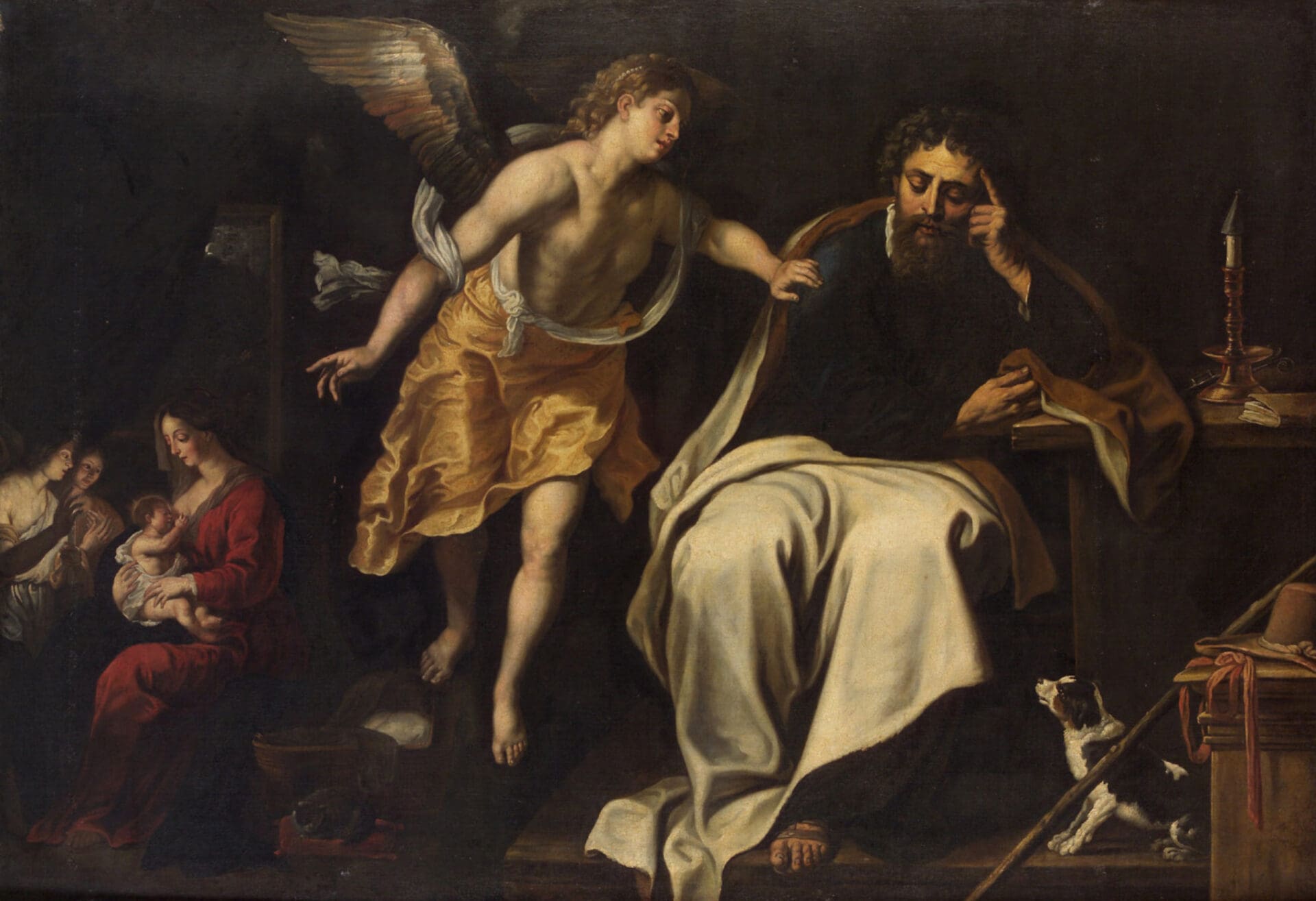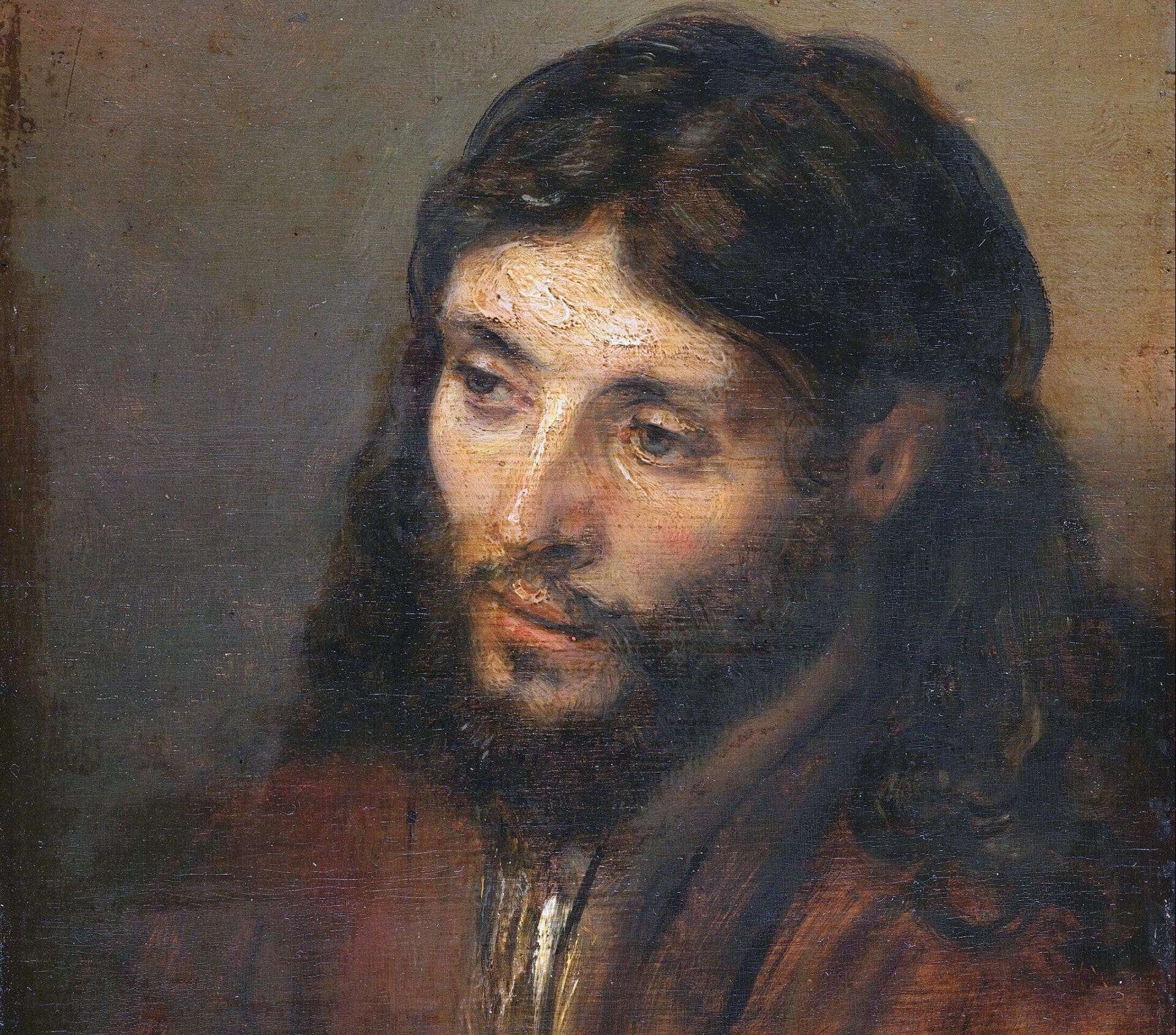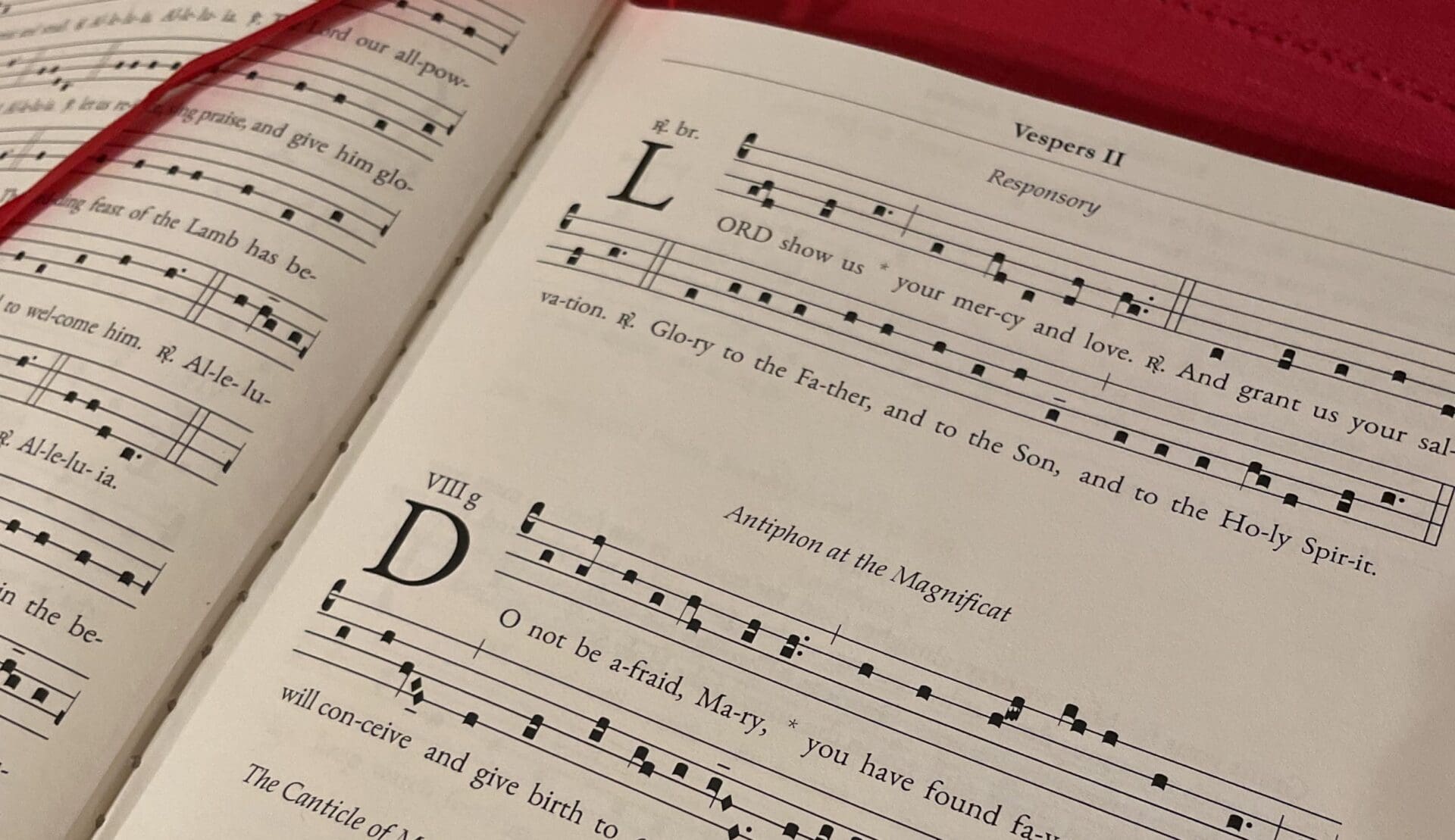Perhaps it has something to do with the age—either my own age, 51, or the current epoch, or both—but I find myself lying awake at 3 a.m. more and more often. Apparently, though, I’m not the only one tossing, turning, and trying to return to sleep these days. My wife, my relatives, my coworkers, and my friends have all complained of the same as of late. Maybe you can relate?
There are, of course, different ways of dealing with being awake at this hour, just as there are many causes. But apart from hearing that others I know also suffer bouts of insomnia, I’ve also discovered another thing we have in common: prayer.
Prayer is certainly a better solution than picking up the smartphone and checking emails or texts or news (if for no other reason that so much of their contents are the probable cause of the present insomnia). One prayerful intercessor invoked by a coworker is St. Dymphna, a special patron of those suffering from sleep disorders. Dymphna was a seventh-century Irish girl who, after her mother had died, resisted the attempts of her suffering father, the king, to marry her (she is said to have looked a great deal like her mother). She fled with a priest and a few other assistants to a town in present-day Belgium and opened a home there for the sick. But when her feverish father eventually tracked her down, and she refused to return with him and marry him, he killed her by the sword. She is, as you might imagine, also the patron saint of anxiety and mental illnesses.
The Rosary comes to the aid of many insomniacs. It is a common reply in our own house to be asked, “Well, did you pray your Rosary?” when one among us complains about not sleeping well. Truly, pressing the beads (or merely using one’s fingers) helps more than recounting current events or looking ahead to the next day’s schedule. Plus—and here’s a bonus I’m not afraid to promote—the meditative and repetitious nature of the prayer has the effect of a mother lulling her child back to sleep. Perhaps we ought to begin a club: we could call it the Red-Eyed Confraternity of the 3 a.m. Rosary.
But the Rosary isn’t the only pacifier for the pre-dawn preoccupied. Another 150 prayers are also at our disposal: like a divine lullaby, any one of the blessed Psalms meet the nighttime need for prayer and sleep. The antiphon accompanying Psalm 134 in the Church’s own Night Prayer from the Divine Office reads, “In the silent hours of the night, bless the Lord.” (It seems the Chosen People had a great deal to keep them awake in their own day.) Other psalms mention the “night watches,” which were three-hour periods where sentries would keep watch through the night. As Psalm 119 says, “My eyes greet the night watches as I meditate on your promise” (119:148). The Evangelists use these same three-hour divisions in the night when writing of Jesus’ passion. For example, immediately after Peter’s third denial of our Lord, St. John writes in his gospel, “Again Peter denied it. And immediately the cock crowed” (18:27). The footnote in my bible explains that “Cockcrow was the third Roman division of the night, lasting from midnight to 3 A.M.”
However one prays during the night—invoking St. Dymphna, reciting the Rosary (or part of it), or letting the hour draw the mind to the Passion—these prayers must have a special hearing in God’s ear. Night, after all, has a meaning and significance all of its own. Consider the “darkness over the abyss” (Genesis 1:2) at the moment of creation. Later, at the time the Lord made his covenant with Abraham, it was not until “the sun had set and it was dark” that “there appeared a smoking fire pot and a flaming torch” among the sacrificial offerings. God began his liberation of the Chosen People from Egyptian slavery in darkness, for during the “night I will go through Egypt, striking down every firstborn in the land, human being and beast alike, and executing judgment on all the gods of Egypt—I, the Lord” (Exodus 12:12). And even the fulness of time seems to be a nocturnal hour, as the Easter Exsultet sings, “O truly blessed night, worthy alone to know the time and hour when Christ rose from the underworld!”
The winter months, not unlike the night watches, can be for praying people privileged times. Consider how Christ comes into his world at Christmas on about the darkest day of the year. But even so, “the darkness has not overcome it” (John 1:5). And this light will continue to grow until, just after nature’s own vernal equinox (in the northern hemisphere, at least), the light will overcome the night, as Christ the light will overcome the sin, evil, and ignorance.
At the appearance of the pregnant Mary, Zechariah, the father of John the Baptist, sang that in God’s compassion “the dawn from on high shall break upon us, to shine on those who dwell in darkness and the shadow of death” (Luke 1:78-79). As 2022 dawns and 2021 fades to black, may we look forward to brighter days. “Do not let your hearts be troubled,” our Lord counsels us in John’s gospel (14:1). Perhaps he especially had the bleary-eyed of a late early hour in mind. So don’t lose sleep over our present, dark times. Take comfort in knowing that our Lord is counting his sheep—and that we can turn all this lost sleep into some of the most fruitful times of prayer.
Image Source: AB/Wikimedia Commons
– Dream of St Joseph, c. 1625–1630, by Gerard Seghers


